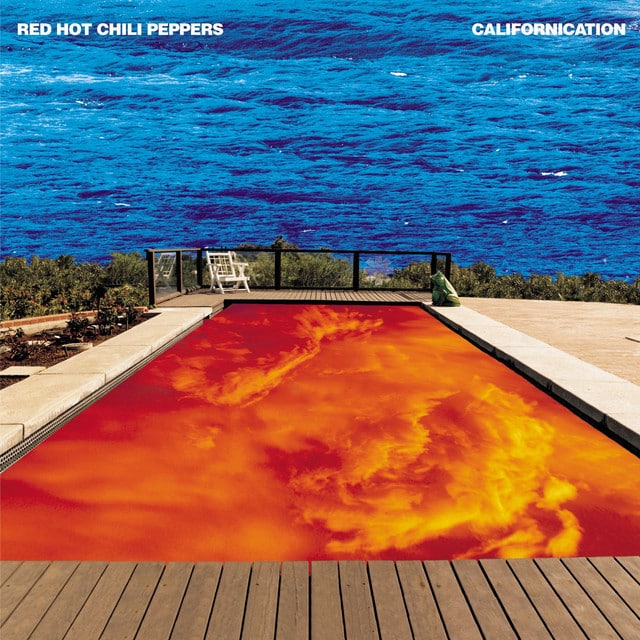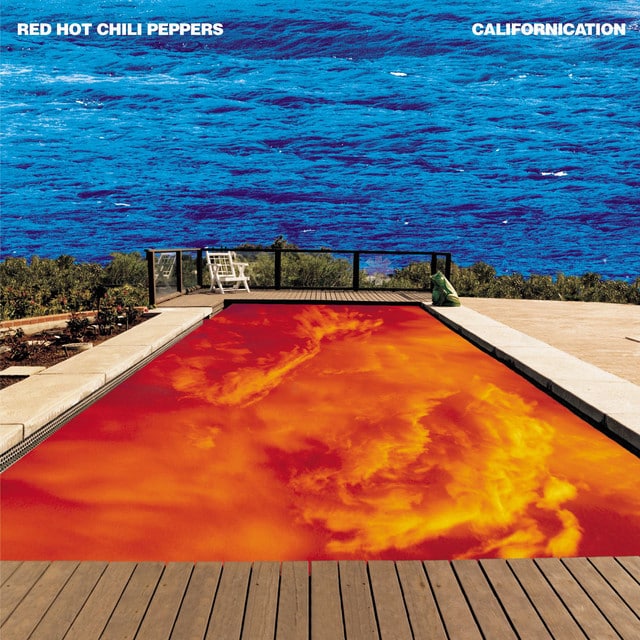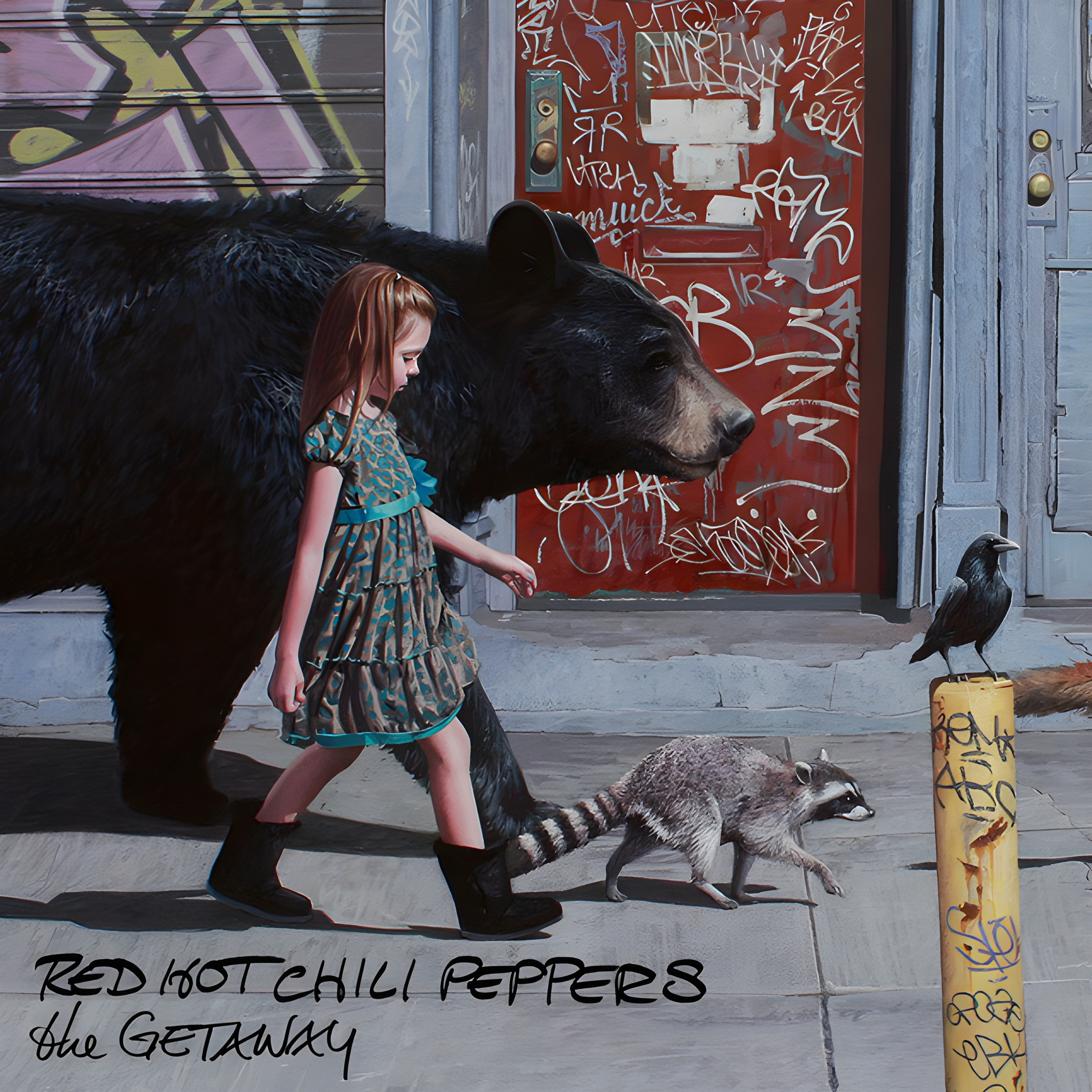Released: 1999
“Californication” by Red Hot Chili Peppers is a piercing critique wrapped in a rock anthem, exploring the darker side of Hollywood’s allure and its pervasive influence on culture, dreams, and reality itself. At its core, the song lyrically tackles the commodification of the Californian dream, exposing the illusions sold by Hollywood and the price of fame.
The opening lines, “Psychic spies from China try to steal your mind’s elation, And little girls from Sweden dream of silver-screen quotation,” immediately plunge the listener into a world where global influences and local dreams collide. It portrays how deeply the Hollywood ideal has penetrated worldwide, affecting individuals from vastly different backgrounds and leading them to chase superficial dreams of fame and glory. “Californication” isn’t just a state; it’s a global phenomenon of cultural dilution and aspiration.
When the Peppers sing, “It’s the edge of the world and all of western civilization,” they’re underlining Hollywood’s position as both a physical and metaphorical cliff. It’s where dreams are made or broken, representing the pinnacle of success in the West but also the potential downfall. The duality of “the Sun may rise in the East, at least it settles in the final location” further emphasizes the inevitability that all cultural roads lead to and end with Hollywood’s influence.
The chorus introduces a haunting metaphor, “Firstborn unicorn, Hardcore soft-porn,” linking innocence and corruption. It’s a jab at how Hollywood claims purity and novelty—the “firstborn unicorn”—but often delivers a warped, sexualized version of reality—”hardcore soft-porn.” This reflects on the entertainment industry’s penchant for exploiting idealism and innocence for profit, tarnishing dreams with a veneer of glamour.
“Marry me, girl, be my fairy to the world, be my very own constellation” shifts focus to personal tales within this landscape, highlighting how individual dreams of love and success get tangled in the broader narrative of commercialism. Meanwhile, references to “gettin’ high on information” and buying “a star on the boulevard” critique how fame and knowledge are commodified and sold as part of the Californication package.
One of the most striking verses, “Space may be the final frontier, but it’s made in a Hollywood basement,” juxtaposes the vast, unexplored potential of space with the idea that Hollywood’s version of reality is constructed, limited only by imagination and not bound by truth. The mention of “Cobain” serves as a somber reminder of the human cost of this system, referring to Kurt Cobain’s tragic struggle with fame and its pressures.
The song concludes on a note of inevitable dichotomy, “Destruction leads to a very rough road, but it also breeds creation.” It acknowledges the cyclic nature of destruction and rebirth within Hollywood and, by extension, life itself. Earthquakes and tidal waves, metaphors for tumultuous events, are seen not just as destructive forces but also as sources of creative energy, echoing the perpetual allure of Californication despite its many pitfalls.
In sum, “Californication” is a complex, layered anthem that critiques the commercialization of culture and the idolization of Hollywood, while also recognizing the creative and destructive forces inherent in the pursuit of fame. It’s a reflection on the price of dreams in the modern world, served up with the Red Hot Chili Peppers’ signature blend of musical prowess and lyrical depth.








